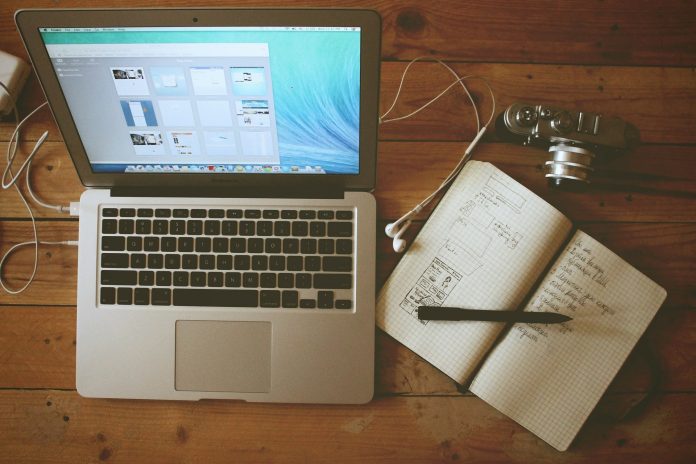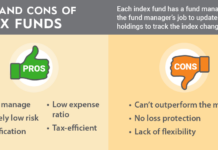It’s time to stress test your personal finances! With the current ongoing pandemic and economies taking a toll since the last recession, now is the right time to confirm where you stand. Financially speaking, that is.
Stress testing is not a new practice. Banks and financial institutions embraced this practice since the last recession of 2008 that led to the closure of some institutions and government bailing out others. The test helps institutions know their survival rate in case of another economic downturn without relying on customer’s deposits.
Even if the pandemic has not negatively impacted your finances, it doesn’t harm to be fully prepared. And what better way to determine your preparation than taking your personal finances through a stress test?
1. Determine Your Average Monthly Expenses
When life is going well, we rarely pay any attention to our expenses. As long as you can afford the necessities and other luxuries you fancy, you always think you are stable financially. But would you maintain such a lifestyle if you lost your source of income? Would you even cater to the minimum utility bills?
Determining your average monthly expenses helps you understand how much you need to survive. Search through the past year’s expenses to capture irregular payments like tax and insurance expenses.
If you’ve been tracking your expenses for budget purposes, this will be pretty easy for you. If not, get copies of all your bank and credit card expenses. Make a spreadsheet of all the expenses, per month, for easy tallying.
Not only will this help you know how much you need to meet the minimum utility expenses but also help you draw a monthly and yearly budget.
2. What’s in Your Emergency Fund and Other Assets
Do you have an emergency fund? How much is in the account, and how long can you survive with that amount? You can easily do this by divide what’s in your emergency fund with the average monthly expenses you calculated in step 1.
For example, let’s assume your average monthly expenses are $2,000, and your emergency fund has $8,000. You could survive for four months if you were to rely on your emergency fund kitty only.
Not bad, considering most financial advisors advise one should have a kitty that can last at least 3-6 months.
The next would be to determine if your emergency fund account fully funded. If not, here’s how to start building an emergency fund or add more money to fund it fully;
- Open an emergency fund account and ensure it has high yields so you can also earn high interests
- Automate savings from your current account to an emergency fund account
- Bank any windfalls in the emergency fund account, like tax refunds and work bonuses
- Trim your expenses and save the money in the emergency fund
The next step is to consider any other assets you can tap into if the situation worsens. This includes additional savings for major purchases and taxable investment accounts.
3. Determine Your Debt-to-Income Ratio (DTI)
You calculate the debt-to-income ratio by dividing your monthly debt expenses by your income. If your monthly income is $30,000 and you have monthly debt repayments of $11,500, your DTI is $0.3833 or 38.33% ($11,500 / $30,000).
While your debt-to-income ratio helps determine your overall personal financial health, it also helps determine whether you can get access to loans. The ideal rate is 36% or less, but some lenders can extend credit to a ratio of up to 43%. The lower your ratio, the healthier your finances are. It also translates to better loan repayment terms and interest rates, especially when your credit score is high.
4. Can You Access Unemployment Benefits?
Some countries offer unemployment benefits to employees who lose their jobs due to harsh economic times. The benefits usually cover a specific portion of one’s earnings for a particular period.
If your country has these benefits and is eligible, this money can help you survive if you lose your job. You can confirm how much you might be eligible to, whether you’ve to pay taxes, and how long you can access these benefits. With this, you can easily adjust your budget and find ways to maximize these benefits.
How Long Can You Survive?
After considering all the above, you should have a clear picture of whether you can survive in case of any financial setbacks. If you’re not happy with the result, you can start building a healthier financial position. You might be well-of now, but it never hurts to be financially prepared for a loss of income.











